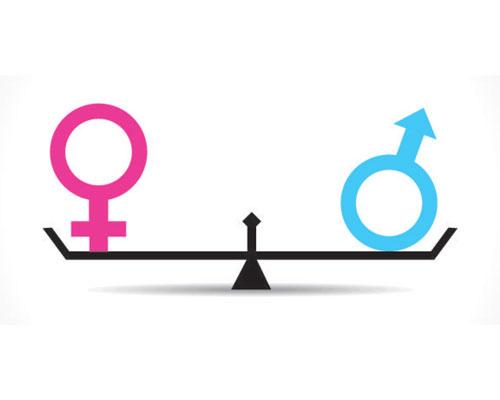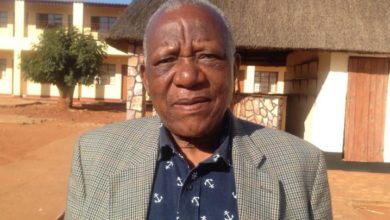‘Political parties must enforce gender parity in leadership structures’

In celebration of International Women’s month, political parties have been urged to enforce gender parity within their leadership structures and ensure women assume influential leadership positions.
Despite constitutional, legislative and policy guarantees that are currently in place, women make up 31.5 percent of the National Assembly, 48 percent of the Senate and 13.3 percent of local authorities.
Due to the low numbers of women who managed to be elected into the National Assembly this year, the government said there is a need for the proportional representation quota to be extended beyond this parliament.
According to the 2013 constitution, the proportional representation quota was to be in effect for only 10 years as a way of increasing the number of female representatives in Parliament.
The special provision expires in 2023.
In an interview with CITE, Priscilla Misihairabwi-Mushonga said political parties need to enforce the 50/50 gender parity rule to ensure more women take up leadership roles.
“We need to make sure there is legislation passed for all political parties to have a 50/50 gender parity in their parties,” said Misihairabwi-Mushonga.
“That is the only way women will be able to fill up political leadership positions.”
She said despite the proportional representation quota, women work hard to be elected and are not freely given their positions of power.
“No one is given proportional representation, the person with the highest votes is elected,” said the legislator.
Young Women’s Alliance director Sikhangele Moyo said women in political parties should lobby for gender equality in their respective parties and encourage other women to participate in decision-making processes.
“We have women who have been in political parties and in parliament since the 2000s but they are not doing anything to advocate for gender balance in parliament. They are no giving any room for other women the opportunity to be also in leadership,” said Moyo.
“If the proportional representation quota is extended, all women should be given the opportunity to be part of it. This will help in terms of accountability because it is now, there is no accountability.”
Memory Dube, a gender activist said inadequate female representation in the country was about of tragedy that defined Zimbabwean politics.
She argued that because of the low numbers of women who managed to be elected into parliament through direct election, shows the need for an extension of the proportional representation quota beyond this parliament.
“The lack of gender balance in candidates contesting to represent the people in parliament in the 2018 elections told a tragic narrative of a nearly all-male parliament and government for these five years. We talk of having a conducive environment to allow women to participate in politics but we know this country suffers from implementation malnutrition,” said Dube.
“An easy fix to have women in leadership positions, while the environment is being sorted out, will be to have the constitutional provision on propositional representation amended so that it extends beyond 2023”.






